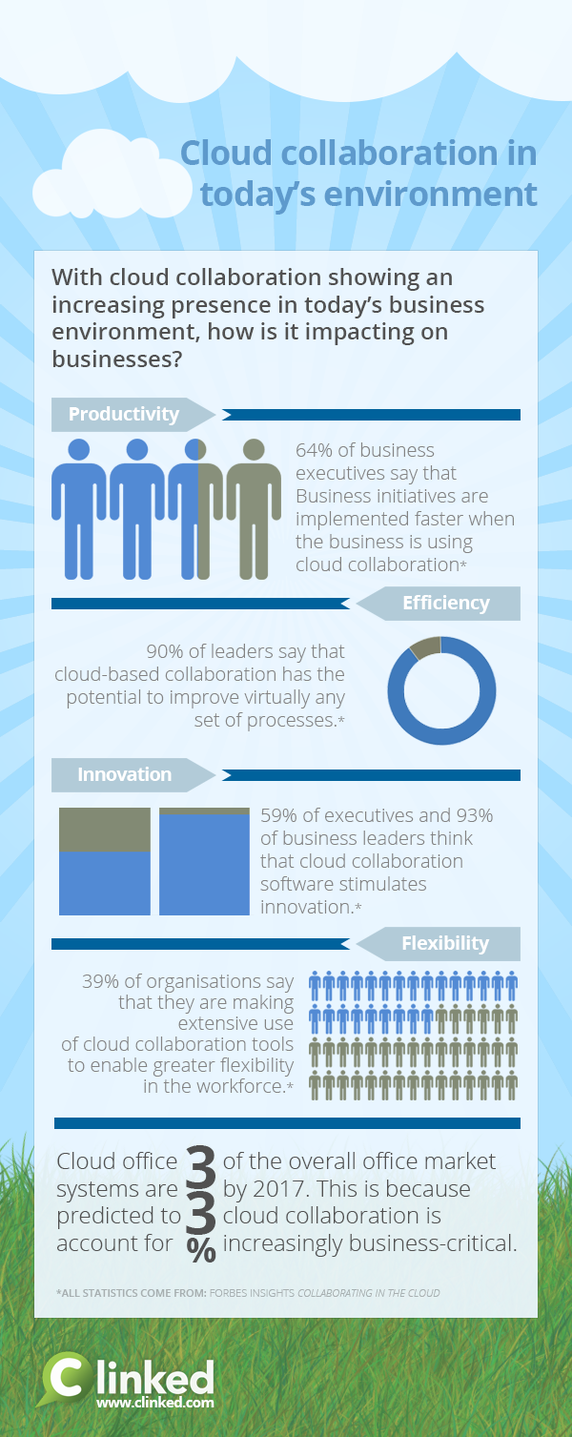It's a pretty well-established fact that companies simply can't survive without sticking with the times. Much like Formula 1 racing team mechanics competing with their rivals to make a car slightly lighter, more fuel-efficient or faster by applying tiny tweaks and adjustments, businesses in crowded marketplaces are constantly trying to find ways to stand out, provide more and attract greater numbers.
That's pretty much innovation, in a nutshell, right? He who innovates, wins. And for all the disadvantages that start-ups can face, their ability to innovate quickly and efficiently gives a great big silver lining to that cloud. Here's how it works:
1. Everyone's connected, personally
In larger corporations, hierarchies dictate; in start-ups, one of the beauties about the working environment is (ironically) how blurred everyone's employment boundaries are. Put quite simply, in a big corporate, a marketing intern is a marketing intern. What's more, there are places to hide... In a dynamic new start-up of only 7 engaged and excited people who live and breathe their product, any suggestion counts - an idea from the just-started sales summer placement candidate goes right to the CEO and the rest of the company because, well, they're all sitting opposite each other... Once a suggestion is made, it's that much easier for a team to sit, meet, discuss an idea and implement it if it's really innovative.
2. Your business world IS social
OK, so this one's a bit of an extension of point number 1. The fact that you're a small team working together on stuff, discussing every suggestion that comes to light, pointing each other in the right direction and generally manning the ship in an 'all hands on deck' kind of way means you're ALL together, 5 days a week. There are many different approaches to playtime in the start-up environment, but these might typically include table football or table tennis (it certainly does in our case!), a shared lunch table, trips to the pub to celebrate big milestones, even group jogs. What all this means is that you're so much more able to do things as a whole organisation, getting to know each other on a professional and personal level, so that all your firm's product comes from a real sense of united effort. And it shows.
3. You're market-driven by necessity
The fact that you're trying to overcome barriers as you break into the market doesn't have to be a bad thing, not at all. The 'glass-half-full' way of approaching this would be to realise that, because you're new and fresh, you're much more able to really listen to what the customer wants. Send out surveys, listen to recommendations or desires from prospects during pitches and meetings... A start-up can take this feedback and run with it immediately, implementing the changes that the market dictates within a very short space of time and without the red tape and sluggishness associated with getting suggestions to real decision-makers in larger organisations. There are so few degrees of separation in a start-up, so feedback picked up by a salesperson in a client meeting goes straight to those who need it back at the office. This becomes a true asset when potential customers realise that you genuinely care about, and respond to, the things they'd find useful in your product.
4. Organisational change isn't quite the upheaval it could be...
Firms trying to innovate often do so by enacting company-wide organisational change to accompany the innovation. The clear problem with this comes when you look at adoption rates. In larger organisations, the CEO and other members of the management team may see themselves as great ambassadors for the change itself, thinking that their belief in the initiative will spread infectiously throughout the whole body of employees. Obviously, whenever these employees aren't 100% compliant with change, it can't work... The united, 'group' nature of start-ups mean they're simply better equipped to deal with such change.
5. Lightning-fast, personal customer service
No automated machines, no complicated switchboards, no telephone queues with Beethoven's umpteenth symphony playing twelve times on repeat - real people, real personalities. Providing priority customer support to your clients as a start-up not only allows you to deal with their queries personally, but also to establish a real working relationship with them. Beyond adding them to your professional networks, they're more likely to come to you and your company in the future citing how well they've been treated - and they'll mention your name in the process.








Let Us Know What You Thought about this Post.
Put your Comment Below.